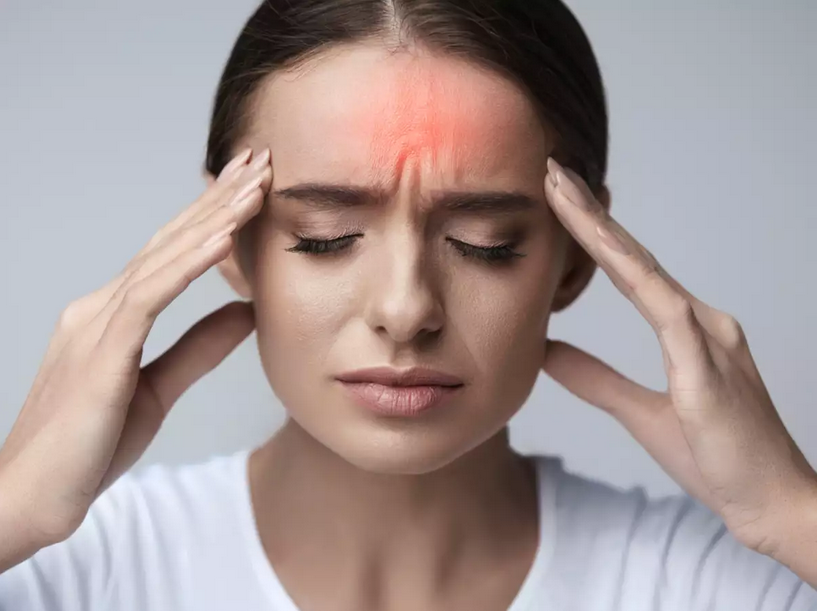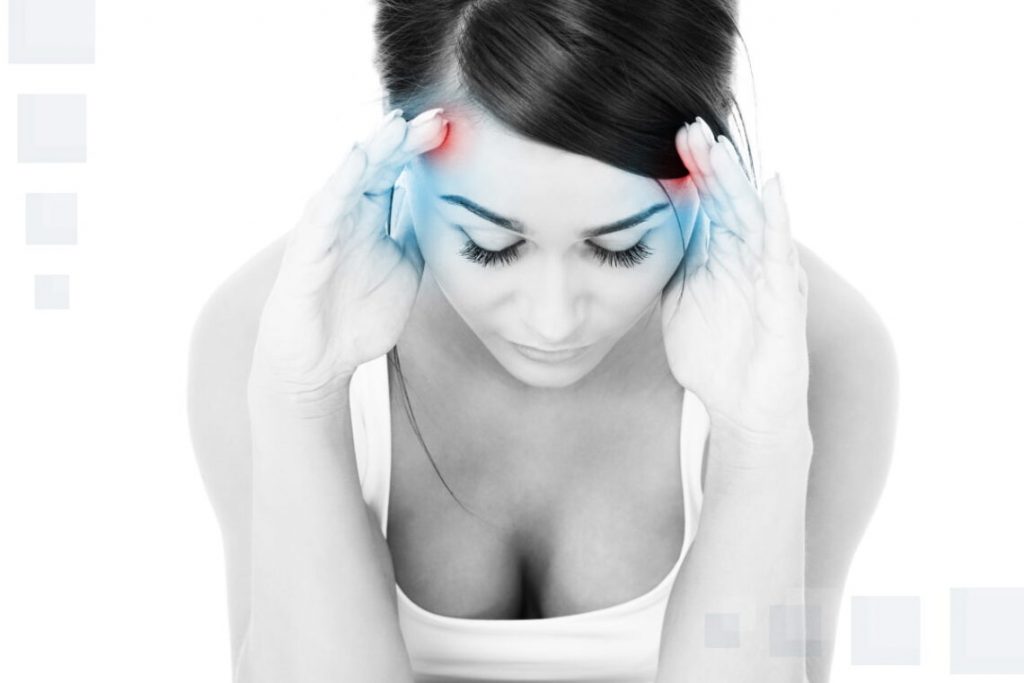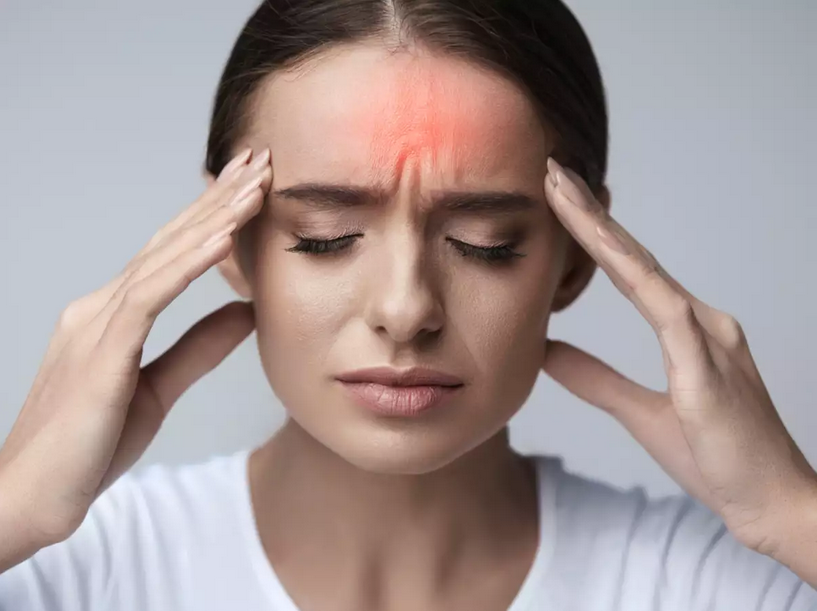The Five Worst Medications to Avoid for Migraine Sufferers

There are two main types of medications that can trigger migraines. And some drugs are more likely to do so than others. It’s important to find the right medication that works best for you. But it’s just as important to avoid medications that will trigger your migraines. Here are five of the worst medications to avoid if you suffer from migraines.

5 migraine medications to avoid for migraine sufferers

NSAIDs
Common migraine medications such as Ibuprofen, Naproxen, and others are called non-steroidal anti-inflammatory drugs (NSAIDs). And there are two main side effects that cause problems: nausea and gastric bleeding. And though sometimes a little pain is worth it when we need some relief from migraines. These known side effects of NSAIDs may not be worth it at all.
These medications can also contribute to hypertension which often occurs with migraines. If you think these are your only options, you’re wrong. There are a few other pain management strategies that can help without leading to more health issues and complications later on.
Triptans
One of the most common migraine medications used in migraine treatment is called triptans. These drugs target serotonin and acetylcholine, two chemicals that play a role in migraines. Triptans have been shown to provide some relief, but they aren’t without side effects—one of which is nausea and vomiting.
People who suffer from migraines should always be aware of medication interactions as well; many triptans cause dangerous reactions when combined with antihistamines, decongestants, or antidepressants. It’s worth noting that not all triptans produce nausea or vomiting; However, if you do experience these side effects from your current medication or notice other dangerous symptoms during a migraine episode (such as blurry vision), you should call your doctor immediately.
Aspirin
Don’t take it—even if you’re in pain. When taken over long periods of time, aspirin has been shown to contribute to gastric ulcers and internal bleeding. It is also associated with a higher risk of heart attack and stroke. The link between heart disease and aspirin use has been debated for decades. But according to recent studies, taking a baby aspirin a day as part of a healthy diet and exercise routine can cut your risk of cardiovascular problems down substantially. Instead of popping an aspirin when you feel a migraine coming on, talk with your doctor about safer ways to control migraines that don’t involve medications that have negative side effects.
Diphenhydramine
While diphenhydramine is used in a variety of over the-counter sleep aids, its use as a migraine medication carries several side effects. Taking antihistamines like diphenhydramine can often lead to a rebound effect: When taking Diphenhydramine, people often get a rebound headache that makes them want to take more of it. In other words, using antihistamines may actually exacerbate migraine symptoms instead of treating them.
Additionally, because Diphenhydramine is an anticholinergic drug, it has been linked to memory loss and even dementia. This drug should be avoided at all costs by those who suffer from migraines or other types of headaches. If you have been prescribed these medications by your doctor or are currently taking them on your own, talk with your doctor about finding an alternative treatment option right away.
Ergotamines
A type of medication that targets migraines by constricting blood vessels and correcting imbalances in your central nervous system. However, ergotamines also carry a risk of hallucinations and other side effects. If you suffer from frequent migraines, it may be better to avoid these medications altogether. Speak with your doctor about what alternative treatments might work best for you. It’s also important to remember that many of these medications require a prescription. So if you’re not sure whether or not they’re right for you, ask your doctor before taking them. It could save you from some serious headaches down the road.
In cases where certain drugs are used, one needs to follow precautions in order to control migraine. Precautions include not consuming alcohol or caffeine while on them and monitoring how much food one eats while on them as well as how much water one drink per day.
